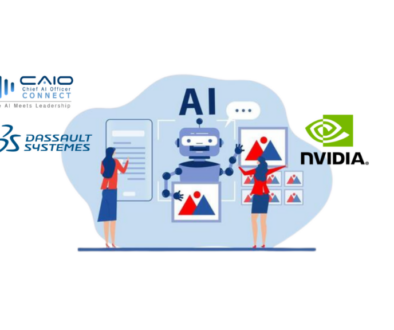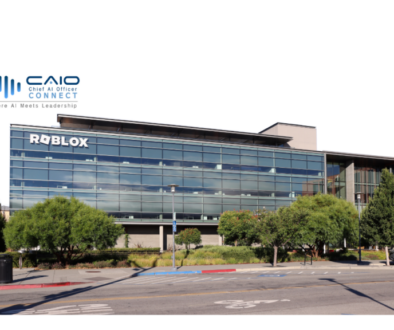Starbucks Faces Leadership Setback as Chief Technology Officer Resigns
In a significant blow to its ambitious technology modernization plans, Starbucks has announced the resignation of Chief Technology Officer Deb Hall Lefevre. The departure comes at a critical juncture for the Seattle-based coffee giant, which has been investing heavily in artificial intelligence and digital solutions to streamline operations and enhance customer experience.
Timing Raises Eyebrows
Hall Lefevre’s resignation follows closely on the heels of Starbucks’ recent announcement regarding sweeping organizational changes, including store closures and workforce reductions. The timing has sparked industry speculation about the direction of the company’s digital transformation initiatives and what this leadership change means for the technology roadmap that Hall Lefevre helped architect.
A Legacy of Innovation
During her tenure, Hall Lefevre played a pivotal role in driving Starbucks’ technological evolution. Her most notable contribution was the implementation of AI technology across Starbucks’ US stores throughout the year. These initiatives were designed with a clear dual purpose: reducing the operational burden on baristas who juggle increasingly complex orders and cutting down customer wait times that have become a persistent pain point for the brand.
The AI-powered solutions introduced under her leadership represented a fundamental shift in how Starbucks approached store operations. From predictive analytics for inventory management to intelligent order routing systems, these technologies were meant to create a more efficient and less stressful work environment for employees while simultaneously improving the customer experience.
Impact on Starbucks’ Digital Future
The CTO’s departure raises important questions about continuity in Starbucks’ technology strategy. Digital transformation is not a sprint but a marathon, requiring consistent leadership and vision to see initiatives through from conception to full implementation. With Hall Lefevre’s exit, the company faces the challenge of maintaining momentum on existing projects while searching for new leadership to guide its tech initiatives forward.
Industry observers are particularly interested in how this change will affect Starbucks’ AI rollout. Artificial intelligence implementation requires careful calibration and ongoing refinement, and leadership transitions during such critical phases can lead to delays or strategic pivots that impact both employees and customers.
Broader Context of Company Challenges
This resignation doesn’t exist in isolation. Starbucks has been navigating a complex business environment, balancing growth ambitions with operational efficiency. The recent announcement of store closures and layoffs signals that the company is making difficult decisions to right-size its operations and focus resources on its most profitable markets and strategies.
For the technology team at Starbucks, Hall Lefevre’s departure means uncertainty during a period when stability would be most beneficial. The company will need to move quickly to either promote from within or recruit external talent capable of picking up where Hall Lefevre left off.
Looking Ahead
As Starbucks searches for its next Chief Technology Officer, the coffee chain’s ability to continue its digital transformation without losing momentum will be closely watched. The success of its AI initiatives and broader technology strategy will depend significantly on finding leadership that can both honor the groundwork laid by Hall Lefevre and bring fresh perspectives to evolving challenges.
The coffee industry increasingly relies on technology to differentiate and compete, making this leadership position more critical than ever for Starbucks’ future success.



